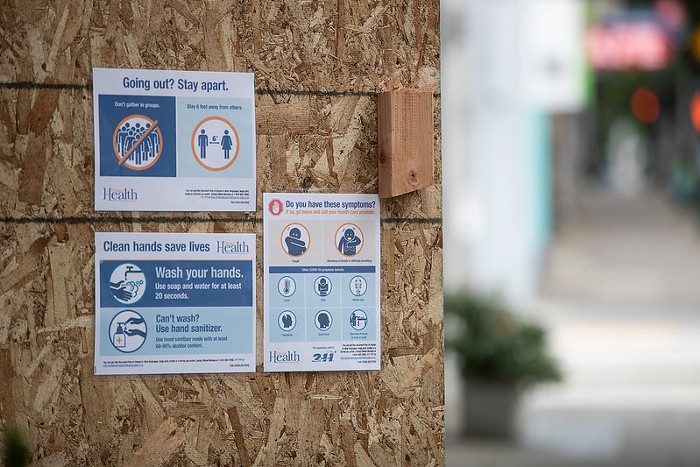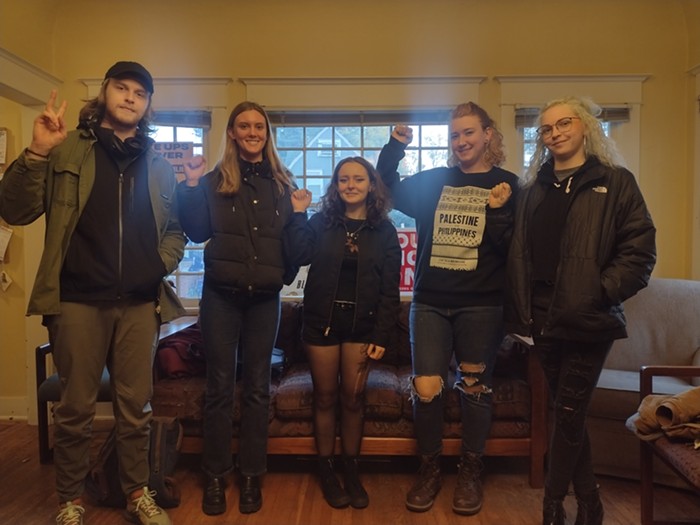THE GLINT of private money has always been Homer Williams and Co.’s biggest selling point for their Oregon Harbor of Hope project.
Williams, the prominent Portland developer who’s been a chief figure in trying to convert the city-owned Terminal 1 property into an emergency shelter, says he can bring game-changing resources to a homelessness fight this city’s losing.
This week, he’s boasting about raising nearly $300,000 to run a short-term shelter at the site’s 96,000-square-foot warehouse. And Williams tells me he has roughly $250,000 worth of pledged “pro bono” work for the temporary modifications the space will need if it hopes to be a workable shelter.
It’s not enough cash to get the operation going, he says, but it’s progress.
“Things are looking good,” Williams said Tuesday. (He also cheerfully called me a “busy little boy” for some reason?)
But as a pair of leases for the proposal move toward completion—one between Williams’ nonprofit and the Portland Housing Bureau (PHB), another between PHB and another bureau—a bigger question than money looms over Harbor of Hope: Is there anyone to run it?
People within City Hall say pledges of cash are well and good, but they don’t matter much if there’s not a capable organization to step in and oversee day-to-day operations at what would eventually be the city’s largest shelter. There will need to be a more formal arrangement than the self-governance model used successfully by groups like Right 2 Dream Too, sources say.
As his people pore through a potential lease and eye the warehouse for renovation, Williams still can’t name an operator. Last week, he predicted he'd have an announcement by Monday. As of Tuesday, his nonprofit was still in the interview stage.
Part of the issue, Williams hints, is that the Portland Housing Bureau expects him to operate his shelter with a low barrier to entry, meaning taking pretty much anyone who walks through the door.
“Which we thought was a little strange, since we’re relatively new to the business,” he says (the nonprofit has been around for mere months, and has never run a shelter). “Those are the people who take the most work.”
Williams says he anticipates assistance from affordable housing provider Central City Concern in offering services at Terminal 1 (the organization hadn’t confirmed this as of press time), and he’s had avowed support from Bill Russell, executive director of Union Gospel Mission.
But while Union Gospel has experience opening shelter space during winter, outfits like Transition Projects and Human Solutions that operate year-round shelters haven’t offered much public support for the project.
That's not necessarily problematic. Marc Jolin, head of Multnomah County's new Joint Office of Homeless Services, tells me Union Gospel, for instance, “could effectively manage” the site, given its history with the city’s homeless community and experience with winter shelters.
But, again, no such partnership has been announced. As Portland pushes toward a shelter model different than any we’ve seen, it’s fair to wonder why.


















